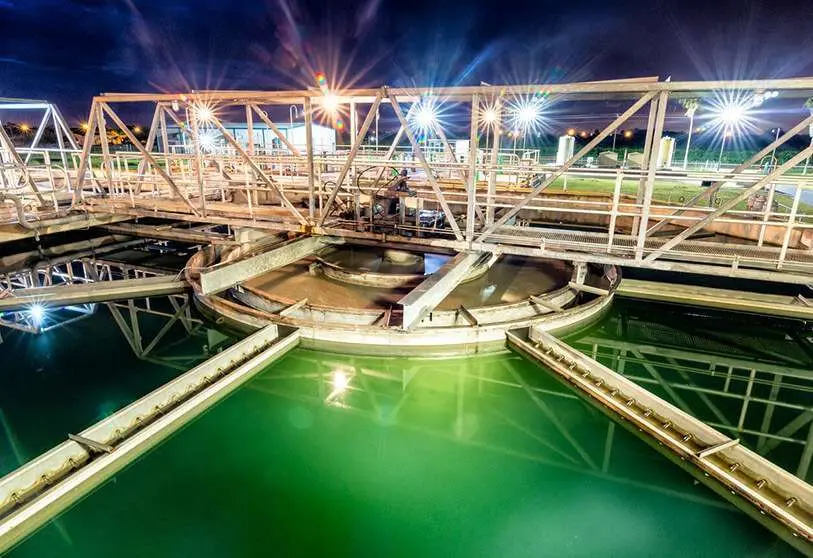Marruecos anuncia la instalación de 20 plantas desalinizadoras

Morocco is preparing to fight the effects of climate change. The latest drought has left a huge mark on the Alawi kingdom, and the Moroccan government has had to take swift and innovative measures to avoid a future water crisis. According to Nizar Baraka, Minister of Water, the country plans to install some 20 desalination plants by 2030 to deal with the problems related to the lack of water.
It is a decision taken in response to recent drought-related events. Baraka released the news to the press after an event related to the water situation. According to the minister, it will help to release water from the dams, which will now be able to receive desalinated water from the sea. Even so, the minister confirms that there are currently already nine plants with this function.

Morocco plans to use renewable energies to power desalination plants. For years, the Kingdom has been concerned about the current state of the planet and has been carrying out major sustainable projects, recognised worldwide as pioneering and innovative. These factories will therefore be able to draw directly from the solar and wind power plants that are distributed throughout Morocco.
The latest drought has shown the impact of climate change in the area, coinciding with the fact that Morocco is close to the Sahara desert and water is harder to find. Added to this is the region's population growth, which in recent years has reached large numbers. Previously, the water quota per Moroccan was quite high, but since 1960, it has fallen from 3,500 cubic metres per person to only 645 cubic metres.
Baraka also stated that his ministry will invest in wastewater treatment. This can also be treated so that not so much of the resource is wasted and can be used for planting and irrigating crops. The minister aims to reach a capacity of 1 billion cubic metres of treated wastewater, which is a significant increase, as only 70 million cubic metres is currently available.

During the same event, the Moroccan Minister of Industry, Ryad Mezzour, said that wastewater treatment plants will soon be installed in industrial areas. The aim is to set up many more points in order to begin to solve the problem and avoid a return to a crisis like the one experienced in recent months.
At the beginning of the year, Morocco experienced one of its worst water crises. The Kingdom faced one of the worst droughts in the last three decades, with a lack of both rain and groundwater. One of the worst affected has been the agricultural sector, which has seen its work reduced and has not been able to maintain crops or plant new ones to compensate for the losses incurred. In addition, the government had to act quickly to prevent the situation from worsening and all Moroccans suffered supply cuts and restrictions to prevent water from going to waste. Even in rural areas, water tankers had to arrive to supply the population as they could not get water from anywhere.
One such desalination plant is already under construction and, once operational, will become the largest such industry in the world. The plant will have a total surface area of 275,000 cubic metres and will be located near Agadir. It is expected to be able to produce 150,000 cubic litres of water for food consumption and 125,000 cubic litres for irrigation when it is ready for operation. The Moroccan government has provided more than 4.41 billion dirhams for its installation. The Spanish company Abengoa will be in charge of its construction and is expected to manage the entire plant for the next 27 years.









